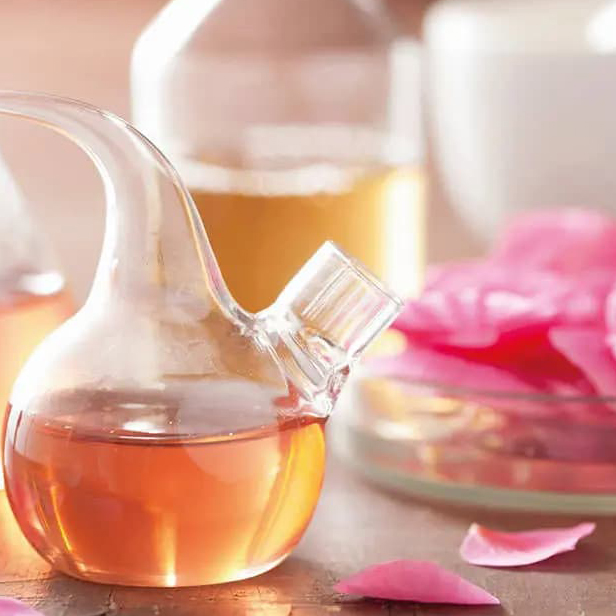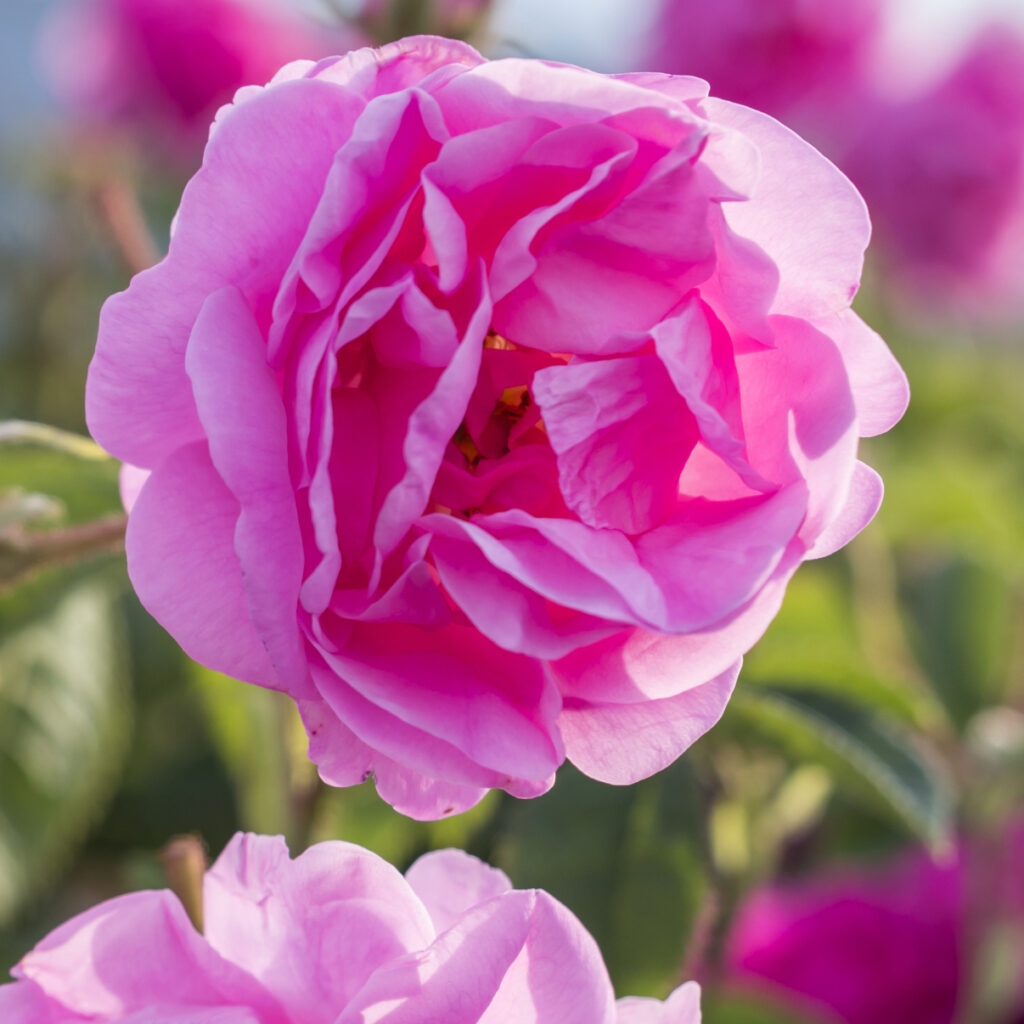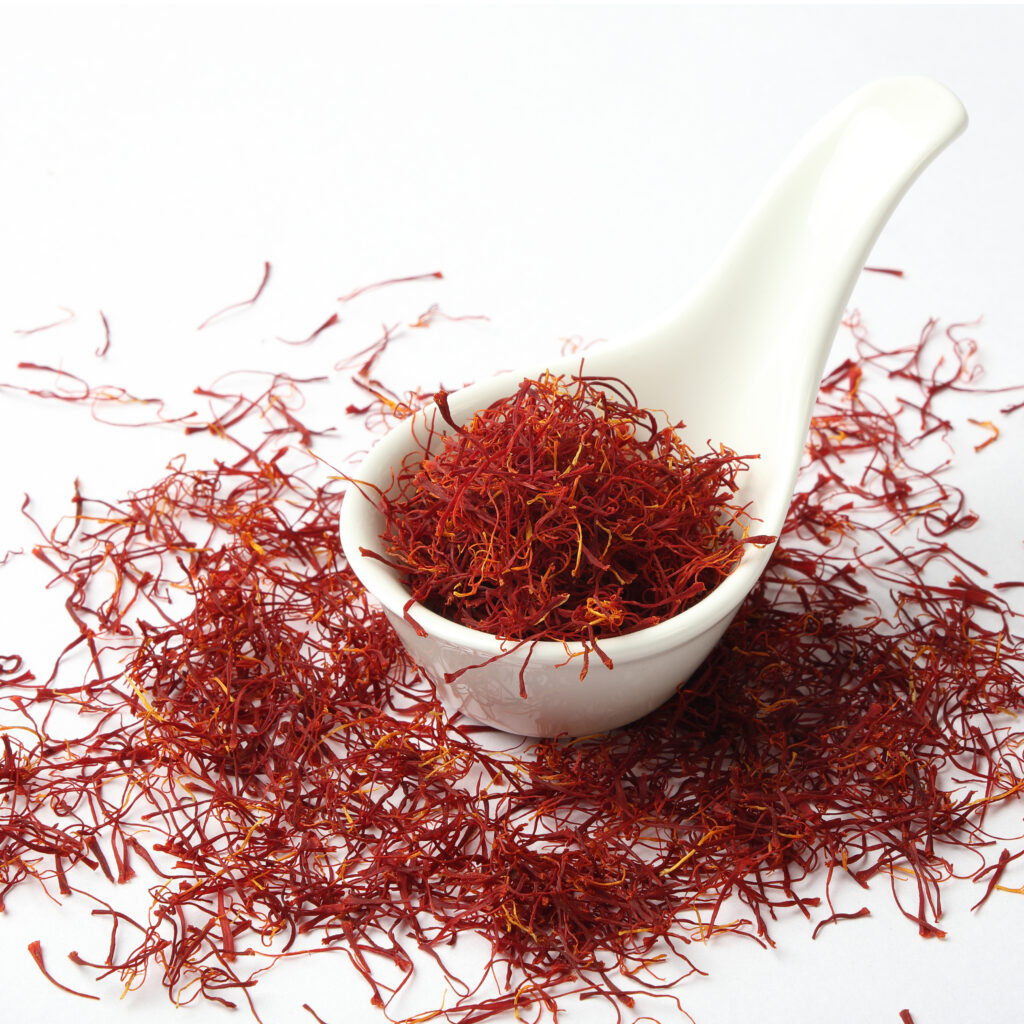Extracted from the delicate petals of the Mohammadi rose flower (Rosa damascena), this luxurious rose essential oil is one of the rarest and most valuable natural oils in the world. Known also as Rose Otto, it is obtained through precise steam distillation, preserving the deep, rich fragrance and therapeutic properties of the rose.
Our Damask rose essential oil is highly concentrated and offers:
- A powerful natural aroma ideal for perfumes and luxury cosmetics.
- Skin benefits such as rejuvenation, hydration, and soothing effects.
- Emotional balance, relaxation, and stress relief in aromatherapy.
Just a few drops of this pure rose flower essential oil carry the essence of thousands of blossoms, making it a true jewel among natural extracts.



